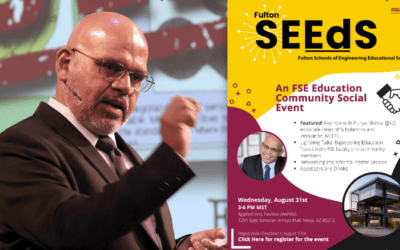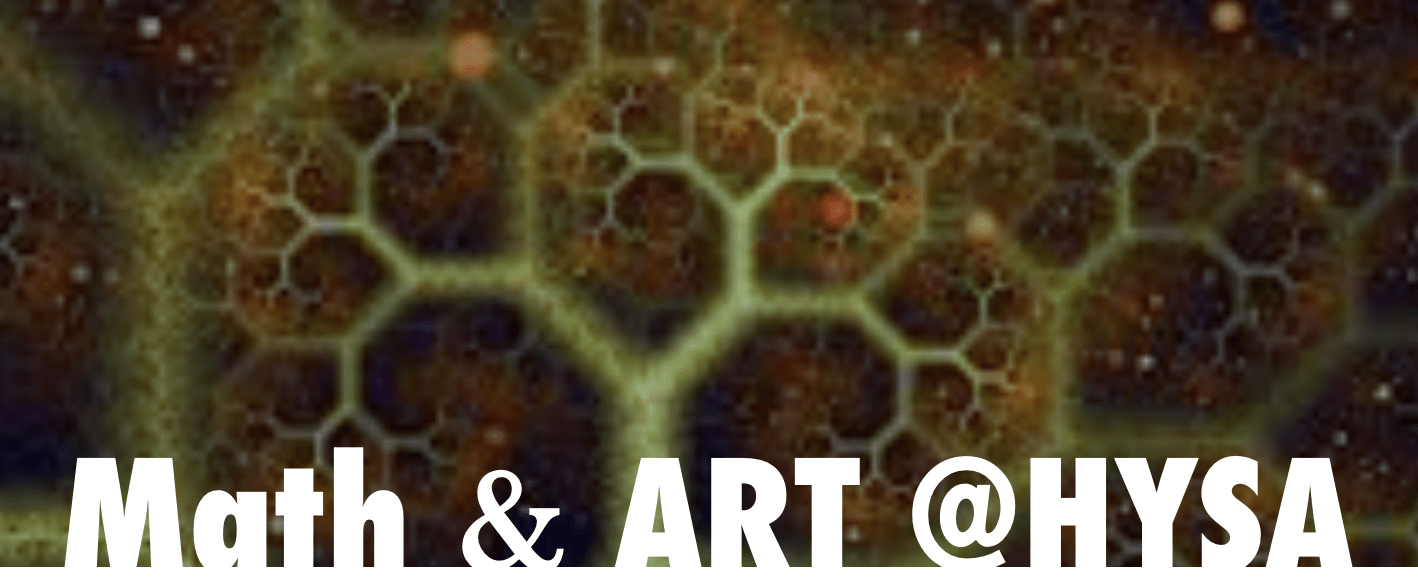
The next article on our series on Rethinking Technology & Creativity in the 21st Century has just been published. The past few articles have focused specifically on trans-disciplinary thinking i.e. a set of cognitive skills that cut across disciplinary boundaries. Building on Michele & Robert Root-Bernstein’s work in this area we list seven trans-disciplinary “tools for thinking” that we argue are key to creativity. These skills encapsulate the ways in which creative people, across disciplines, think. Our previous articles have looked at Perceiving, and Patterning. This one focuses on Abstracting. Future pieces will look at Embodied Thinking, Modeling, Play, and Synthesizing. Below is a link to the latest article (you can see all the articles in the series by going here.
Henriksen, D., Fahnoe, C., & Mishra, P. & the Deep-Play Research Group (in press). Abstracting as a trans-disciplinary habit of mind. Tech Trends (58)6. p. 3-7
Photo: Graffiti in Valpariso, Chile, October 2014.



0 Comments